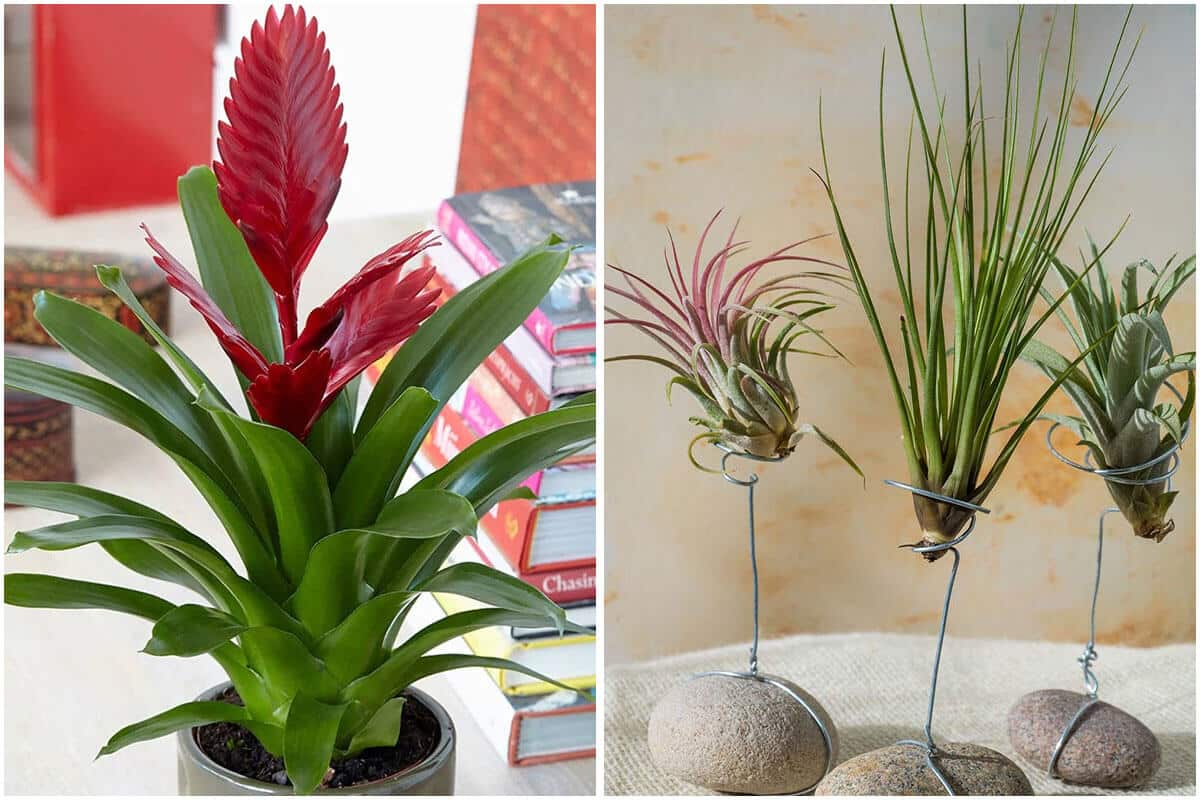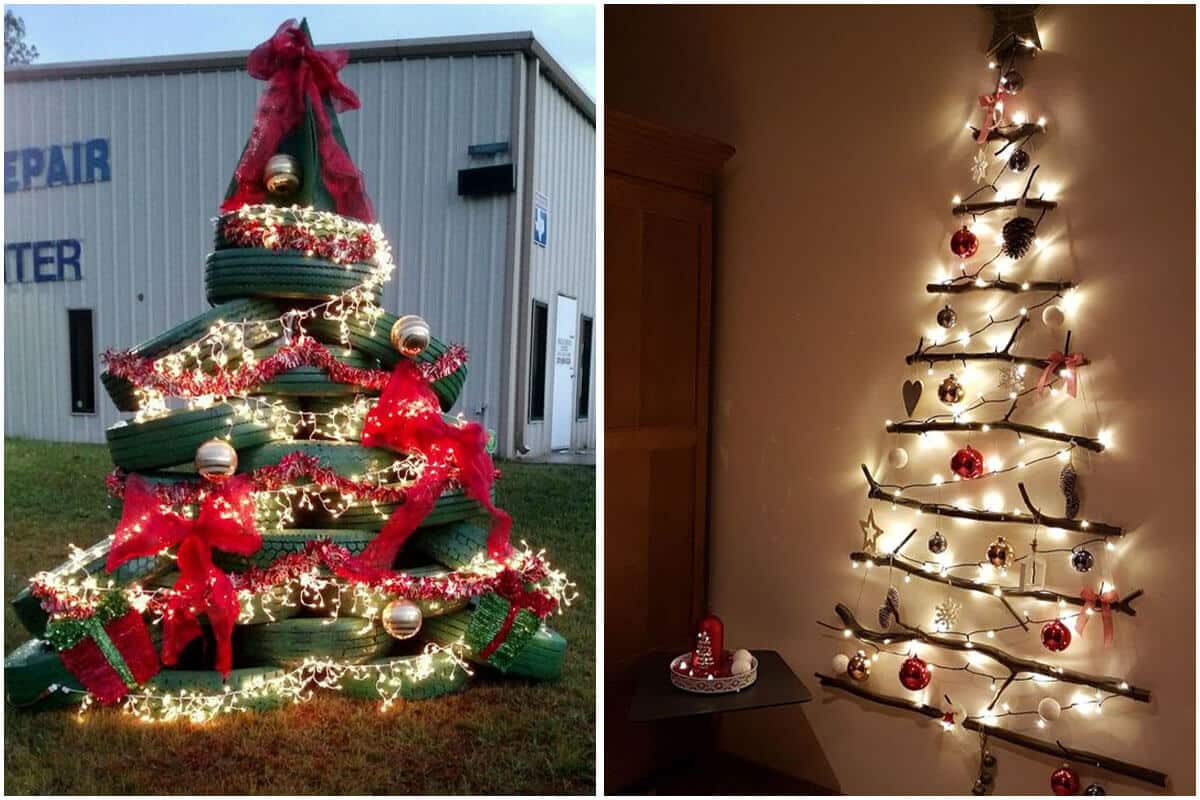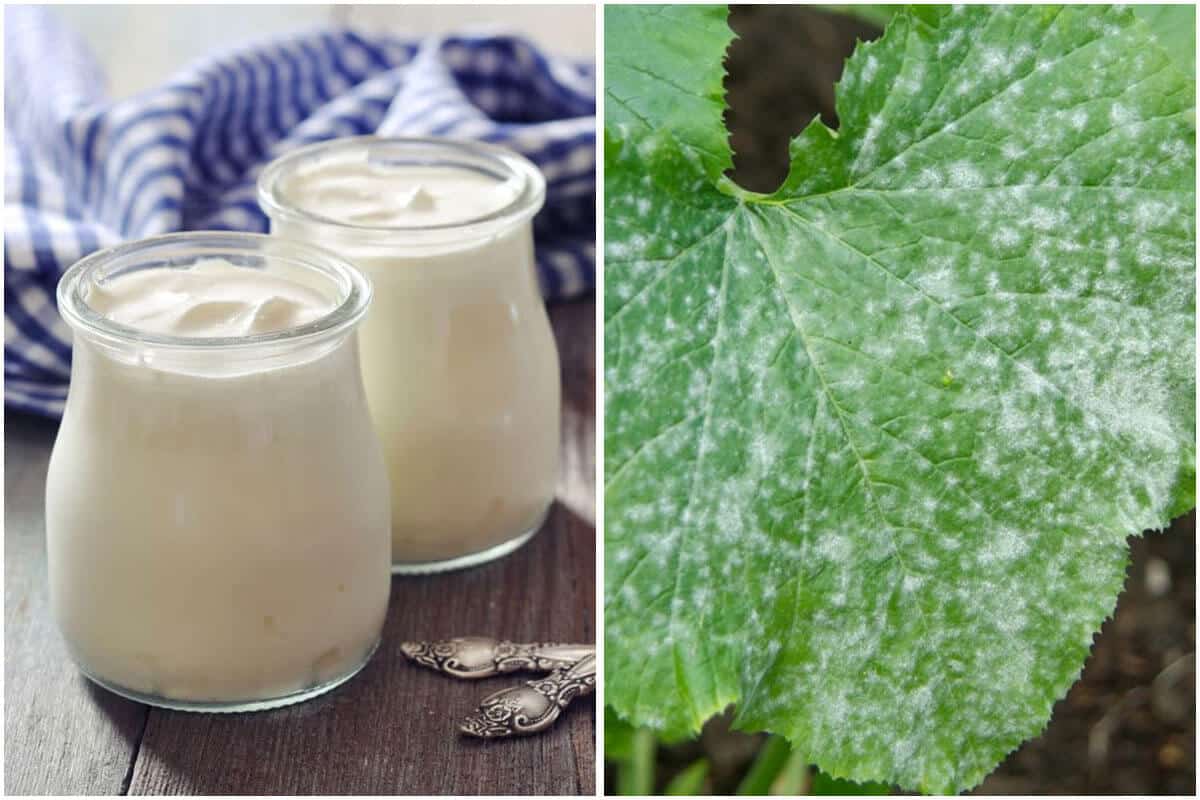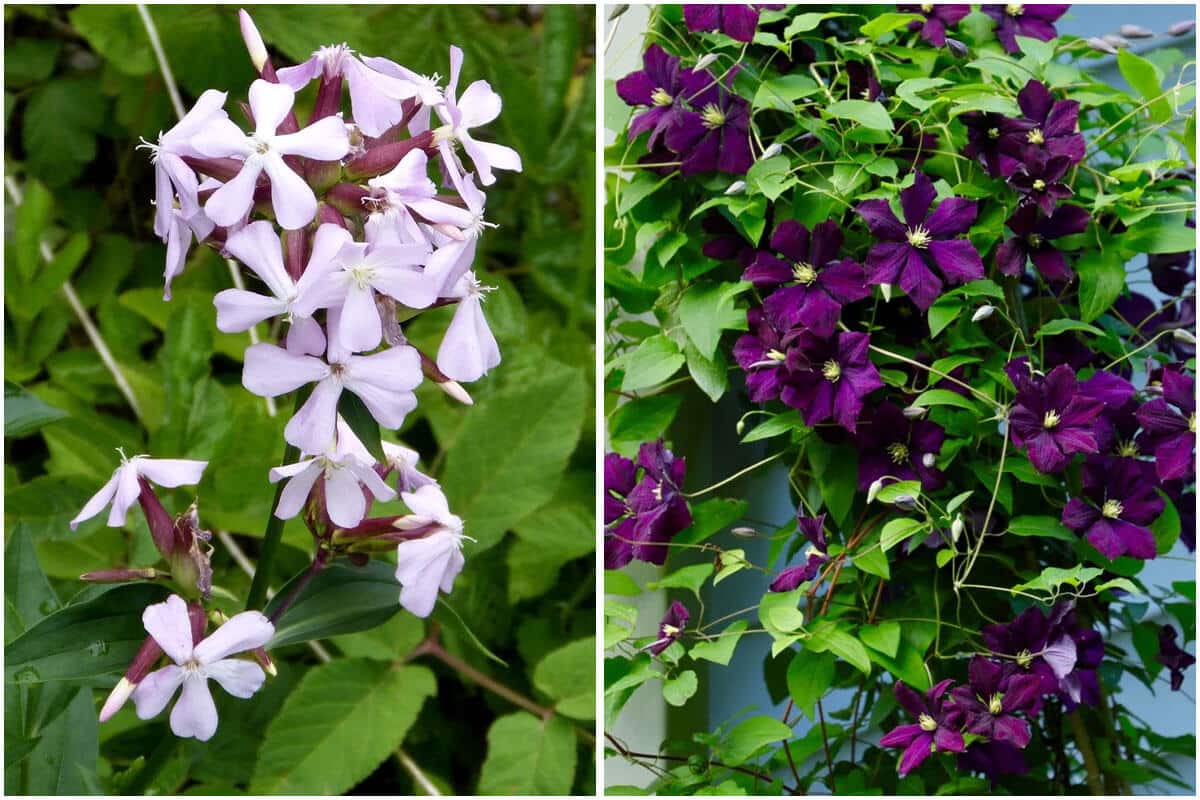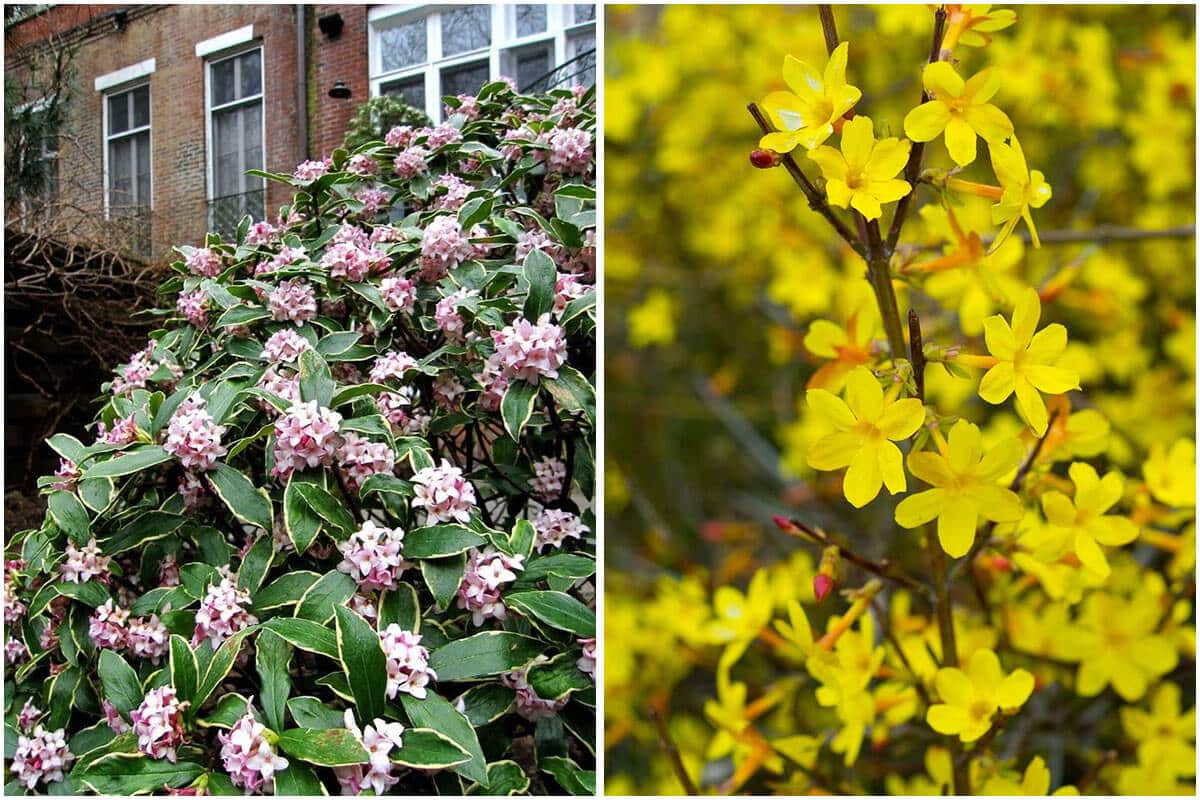If you are own a garden, you should read the article today. For the simple reason, here we’ve gathered some mistakes that most gardeners are easy to get. And this is a list of 11 wasted things that you are doing in the garden and you need to stop to save your time as well as your efforts. Check them out with us.
Tilling large areas of the garden, pulling out all the crops at the end of the season, overwatering, overfertilizing, and more, all are popular mistakes and do not bring any good effect to the garden. Whether you are long time-gardeners or beginners, they are useful for your garden work. Instead of spending your time doing them, you can focus on other jobs. Save them and apply for your garden right now.#1 Trying To Amend The Basic Nature Of Soil

Some plants love slightly acidic soil; some prefer it a little on the sweeter side. But don’t waste your time trying to drastically change the basic nature of the soil in your area to suit the plants you want to grow. It would be much better to garden in raised beds or grow plants that do well in the respective soils with a minimal amendment.
#2 Tilling Large Areas Of The Garden

Tilling the land is an age-old gardening practice to remove weeds, aerate the soil, and mix in compost and other additives. But it to be a time-wasting exercise. Ground that is distrubed is quickly taken over by weeds that have been waiting for such an opportunity. The new weeds are maybe even more vigorous than the ones you wanted to eliminate in the first place.
#3 Pulling Out All The Crops At The End Of Season

There’s really no need to pull up each and every crop and add it to the garbage or compost pile. Remove the top growth if you must, but leave the roots to decompose in the soil. They help keep the soil aerated and may even enrich it with some nutrients.
#4 Overwatering

Watering the garden is a highly therapeutic activity; it satisfies our nurturing instincts. But plants only need just enough water to keep them hydrated. Overwatering can result in extensive vegetative growth at the expense of yield. It promotes weed growth and depletes the nutrients in the soil.
#5 Overfertilizing

Heavy and frequent fertilization increases salt buildup, which can burn the plant tissues. Look out for specific nutrient deficiencies and fertilize accordingly, rather than waste time and money on routine feeding.
#6 Trying To Grow Vegetables In Shade

Most vegetables need full sun to reach their potential in terms of growth and yield. There are only a few that will thrive in partial shade, and you’d be hard pressed to find any that do well in complete shade.
#7 Spraying Pesticides

A garden is meant to be populated by not only plants but a variety of animal life. In fact, their presence is an indication of the health of your garden. Some insects are pollinators; some act as bio-controls on others. So, avoid spraying with pesticides that kill indiscriminately. Try mechanical and biological controls first, turn to organic pesticides like neem oil that do not harm pollinators.
#8 Spraying Herbicides

Herbicides may seem like an easy alternative to other time-consuming weeding operations, but the action of weed killers that do not harm your plants is limited to existing weeds. They can quickly clear an area for planting, but new weeds will eventually sprout in your beds.
#9 Trying To Grow Exotics

Bringing home exotics and growing them in glasshouses was a raging hobby. Pampering a few plants native or introduced that do well in other areas, but not locally, is often a waste of time and effort.
#10 Digging Too Deep A Hole For Tree Saplings

Most people think that deep holes help anchor a growing tree better. Saplings planted in holes too large and deep tend to restrict their roots to that area with loose soil. Smaller holes, preferably of larger diameter than depth, force the plant to send out roots in all directions, which would give it more stability in the long run.
#11 Trying To Discipline Bushes

Gardening may sometimes seem like a deliberate attempt to exercise control over our surroundings and tame nature.Trying to control the growth and shape of shrubs and trees with frequent pruning can be a futile effort and can actually harm a plant. While infrequent and regular pruning can be helpful, too much can be devastating for a plant, especially one that is young.
